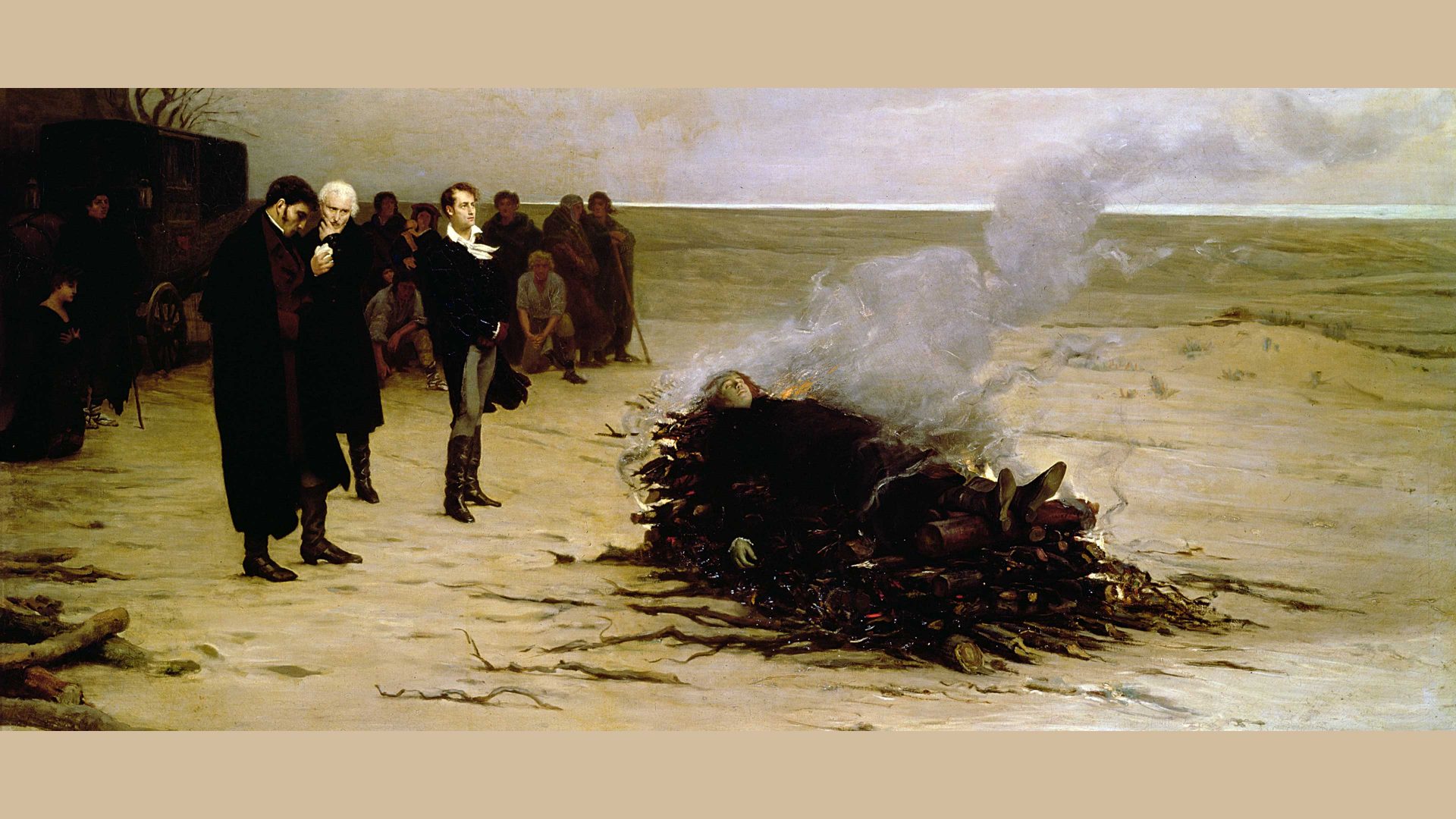Florin Salam is a winner. Or at least that is what his image is all about.
Salam is known as the King of , and a genre that puts the personality of its singers (maneliști) front and centre. Their good and bad fortunes, the suggestion of ill-gotten gains and the celebration of all things flashy inform many of their lyrics, and for these flamboyant figures the line between public image and private reality is often blurred.
Salam’s life is the stuff of TV soaps and has been constant fodder for Romanian celebrity magazines. The death of his young wife in 2012, issues with gambling and debt and run-ins with gangland figures who have traditionally been the patrons of the maneliști have been the basis for sensational story after sensational story. In February, a performance in Manchester was reported to have ended in an audience member pulling a knife.
Salam’s wedding last month to former Playboy model Roxana Dobre was a lavish affair at an exclusive resort on Romania’s Black Sea coast and it had its own dramas. It was reported that four officers of the Special Actions and Intervention Service were working as private security at the wedding. Since the SAIS is part of the counter-organised crime squad, and a major organised crime boss was reportedly among the guests, this was a matter of some considerable intrigue.
With all this drama, Salam’s songs have reflected his real life, even as they use long-established manele themes. His Iar am pus-o declared “Again, I’ve hit the jackpot!”, while his massive hit Saint Tropez began with a shout-out to “bosses”. Since the maneliști are first and foremost wedding singers, he has several songs in his repertoire in praise of wives.
Salam’s imposing physical presence and remarkable vocal ability make him an undeniably charismatic star – the youngest of a generation of superstar maneliști that includes Vali Vijelie, Adrian Minune and Nicolae Guță, he was originally dubbed Florin Fermecătoru (“the Charming”) – and the maneliști are masters of spontaneous, interactive performance. Their archetypal image of the nouveau-riche wideboy, a wheeler-dealer who has made it against the odds, has had an obvious appeal in post-communist Romania, and manele has enjoyed huge popularity.
But both the singer and his brand of music in general have also been deeply controversial.
Manele has been widely seen in Romania as “low” culture, condemned as unsophisticated, inauthentic and thoroughly kitsch, particularly in comparison with traditional folk music. The fact that the maneliști are almost all Roma means that some of this criticism is down to outright racism. But manele has been the subject of bitter national debate, with some local authorities banning it from being played in licensed taxis or stopping its performers from appearing at local festivals, and despite its popularity, it has often been excluded from the broadcast media.
Since contemporary manele often apes the more vulgar end of hip hop and rap, with boasting about wealth, namechecking of luxury brands, and lurid claims about the singer’s sexual prowess being bolstered by explicit lyrics and some pretty unpleasant misogyny (the video for Salam’s 2013 hit Ești bombă (You’re a Bomb), literally featured women on dog leads), criticism on artistic or political grounds is unsurprising. Unreconstructed masculinity rarely makes great art, after all.
Yet, Salam’s material is in fact incredibly diverse. Romanian ethnomusicologists – for manele has now become the focus of serious study – have noted how his music still bears the marks of the past. Salam was born into a Bucharest family of lăutari (the Roma musician class), and the traditional music of the Roma of southern Romania, muzica lăutărească, still informs some of his material.
He has also tempered his repertoire by performing old manele hits from the 1960s to 1990s with emotional themes and recording more obviously pop-friendly songs like the killer earworm that is Ce frumoasă e dragostea (How Wonderful Is Love).
And it is this emotional end of manele that shares something with melodramatic chanson, as synonymous with Edith Piaf, or even the romantic turmoil of ’60s girl pop, as revived by Amy Winehouse, where the knowledge of the singer’s turbulent personal life gives an additional frisson to their agonised lyrics and the pathos of their vocals. Here they become larger-than-life versions of themselves, and there is no category of singers that fit that description better than the maneliști.
Florin Salam in five songs
Te Ador Nevasta Mea (2006)
Salam’s I Love My Wife is one of his many wedding songs, manele being an essential part of the celebration of nuptials for some parts of Romanian society.
Hopa Cupa (2012)
This frenetic version of a traditional celebration song appeared on Bosnian musician Goran Bregović and his Wedding and Funeral Orchestra’s celebration of gypsy culture Champagne for Gypsies.
Ce frumoasă e dragostea (2012)
A duet with Romanian singer Claudia, How Wonderful Is Love represents the more pop-oriented and sentimental end of manele.
Saint Tropez (2013)
Salam’s breakthrough hit was a manifesto for spending freely because life is short. Its reggaeton-flavoured manele has seen the low-budget video nevertheless earn well over 100 million views on YouTube.
Ești bombă (2013)
This collaboration with hip-hop artist Șușanu typified the sexually explicit content that has made modern manele controversial, with the video having few qualms about the objectification of women.




